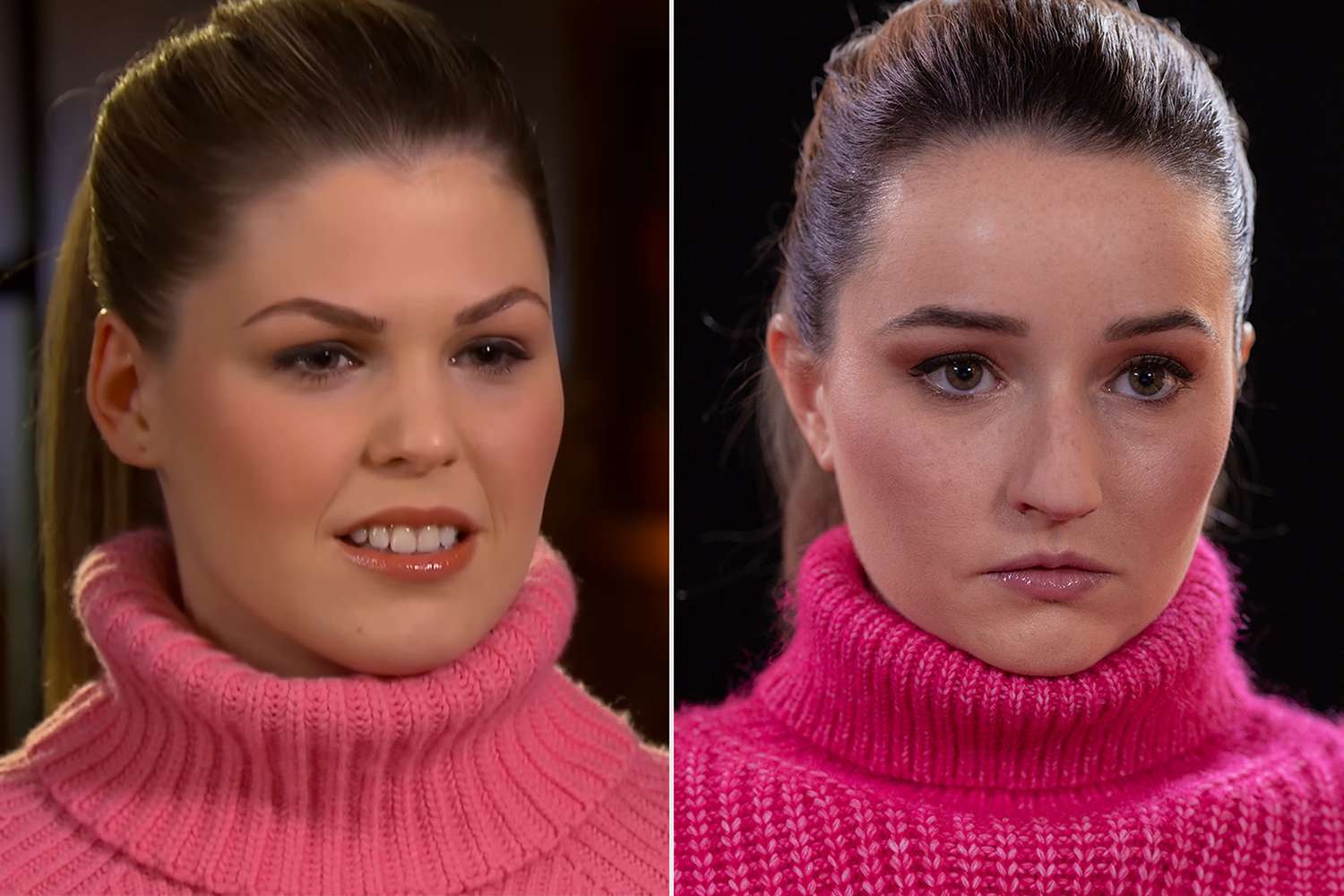Netflix released the series Apple Cider Vinegar, a drama based on the true story of Belle Gibson, an Australian wellness influencer who faked having terminal brain cancer and built an online empire based on this lie. The series follows two young women who try to cure their life-threatening illnesses through health and wellness, but one of them may not have cancer.
The series is based on the book The Woman Who Fooled The World: The True Story of Fake Wellness Guru Belle Gibson by journalists Beau Donelly and Nick Toscano. The series explores themes of truth, lies, and the darker side of hustle culture, with Kaitlyn Dever starring as Belle Gibson. Samantha Strauss created the show, and wrote the series with Anya Beyersdorf and Angela Betzien. All episodes are directed by Jeffrey Walker.
Belle Gibson claimed in 2009 that she was diagnosed with “malignant brain cancer” and had only a few months to live. She gained a large following on Instagram by claiming to have cured her cancer through alternative treatments and nutrition. She released a wellness and nutrition app and a cookbook titled “The Whole Pantry”. However, in 2015, she confessed that she never had cancer. In 2017, she was convicted of misleading and deceptive conduct and was ordered to pay a fine.
Netflix emphasizes that Gibson did not participate in the series and will not profit from it. The series includes a disclaimer that it is a “true-ish story based on a lie” and that certain characters and events have been fictionalized.
How accurate is the portrayal of Belle Gibson in the series
The Netflix series Apple Cider Vinegar, released today, February 6, 2025, is a fictionalized drama inspired by the true story of Belle Gibson, an Australian wellness influencer who falsely claimed to have cured her terminal brain cancer through diet and alternative therapies. While the series is based on real events, it is not a straightforward reconstruction and incorporates fictional elements. Netflix frames the series as “true-ish, based on a lie”.
Here’s how the show blends fact and fiction:
- Based on a True Story: The series draws inspiration from the book The Woman Who Fooled The World: The True Story of Fake Wellness Guru Belle Gibson by journalists Beau Donelly and Nick Toscano, who initially exposed Gibson’s deceptions.
- Fictionalized Elements: The series is not a chronological reconstruction of real-life events and includes fictionalized characters and events.
- Belle’s Portrayal: Kaitlyn Dever plays a complex version of Belle, who is depicted as adaptable and ruthless in achieving her goals. The show also nods towards Belle’s traumatic youth as a potential source of her deceptions.
- Disclaimer: The series includes a disclaimer that it is a “true-ish story based on a lie,” and that certain characters and events have been fictionalized.
- Gibson’s Involvement: Belle Gibson was not involved in the production of the series and will not profit from it.
- Focus on Impact: The series aims to explore the broader impact of Gibson’s deceptions, particularly on those who were misled by her. It highlights the dangers of promoting alternative remedies as replacements for conventional medical treatments.
Anchor Andrea Mitchell Leaves MSNBC
